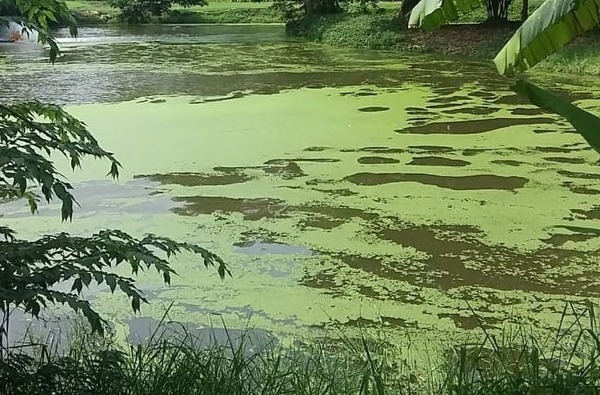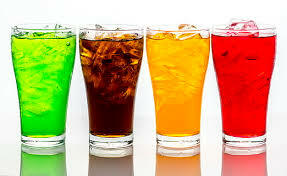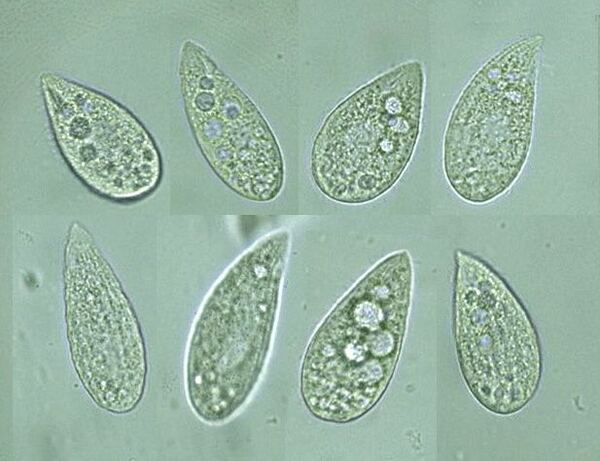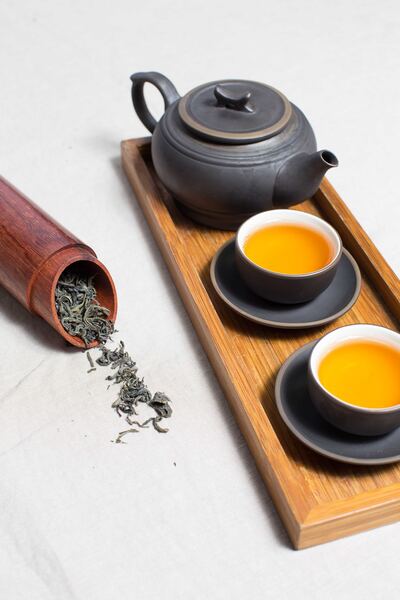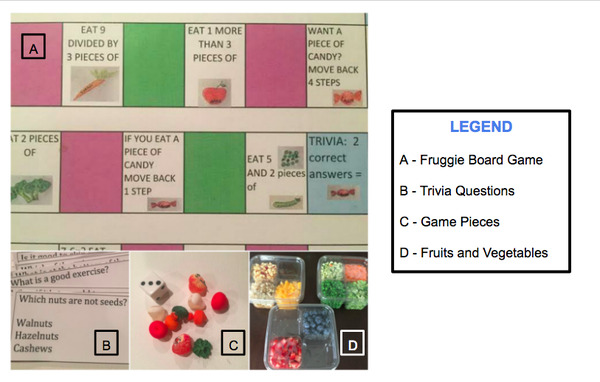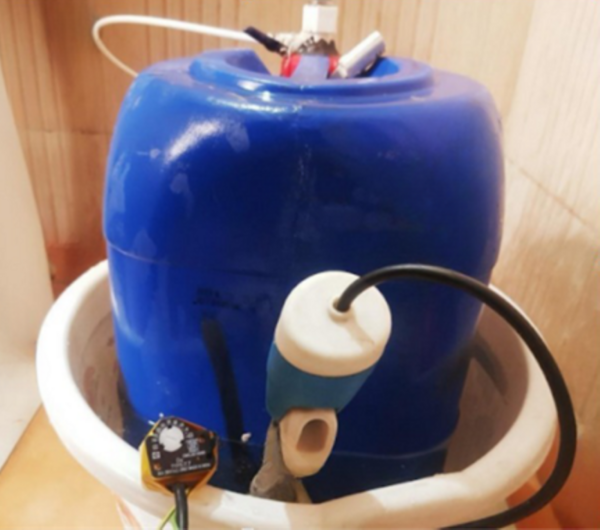
We conducted this research as our start-up's research that addresses the problem of biogas production in cow-dense regions like India. We hypothesized that the thermophilic temperature (45-60oC) would increase biogas production. The production process is much faster and more abundant at temperatures around 55-60oC.
Read More...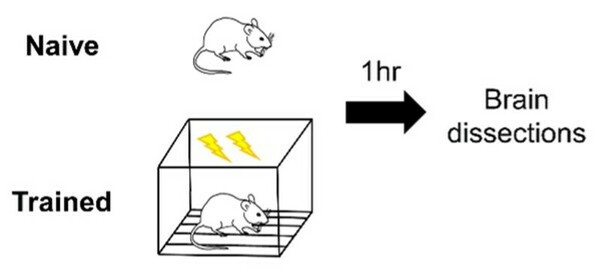
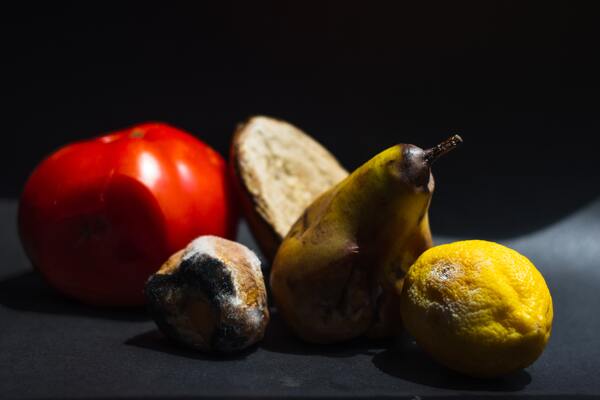
![Alterations of the [Fe/H] Values Modulate Light Curves by Absolute Magnitude in non-Blazhko RRab Lyraes](/rails/active_storage/representations/proxy/eyJfcmFpbHMiOnsibWVzc2FnZSI6IkJBaHBBallHIiwiZXhwIjpudWxsLCJwdXIiOiJibG9iX2lkIn19--7d8b84074a7b504657e6acd5ed4f66e4b84daf63/eyJfcmFpbHMiOnsibWVzc2FnZSI6IkJBaDdCem9MWm05eWJXRjBTU0lJY0c1bkJqb0dSVlE2QzNKbGMybDZaVWtpRFRZd01IZzJNREErQmpzR1ZBPT0iLCJleHAiOm51bGwsInB1ciI6InZhcmlhdGlvbiJ9fQ==--33b2b080106a274a4ca568f8742d366d42f20c14/Figure_4.png)
